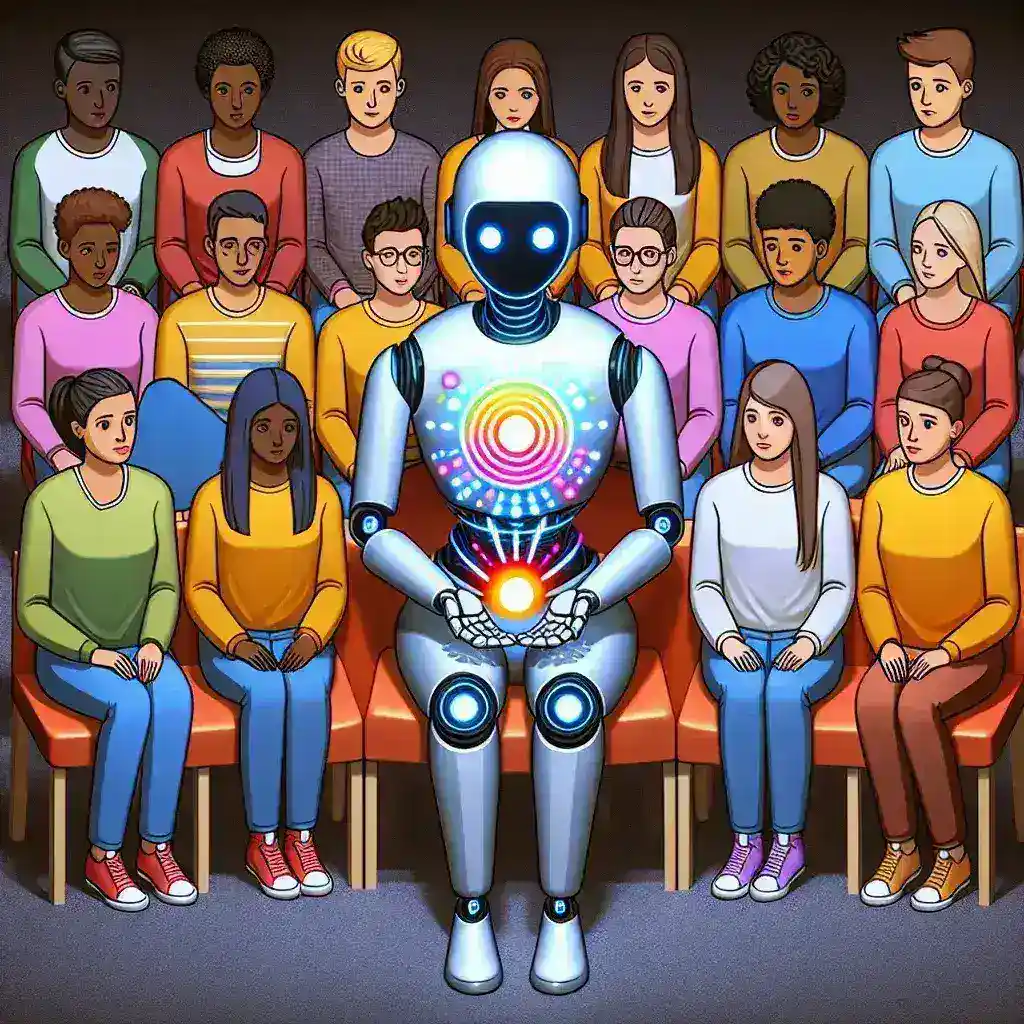Introduction
As mental health awareness grows, U.S. universities are increasingly turning to technology to support their students. One of the most innovative solutions is the deployment of AI assistants designed specifically for student mental health support. These AI tools not only provide immediate access to resources but also help bridge the gap in traditional mental health services.
The Growing Need for Mental Health Support
According to the American Psychological Association, nearly 1 in 5 college students experiences a mental health condition. This statistic underscores the importance of accessible mental health resources on campuses nationwide. Traditional counseling services often struggle to meet the high demand, leading to long wait times and limited availability. AI assistants are stepping in to fill this crucial gap.
Understanding AI Assistants
AI assistants are software programs that utilize artificial intelligence to interact with users in real-time. These tools can handle a range of tasks, from scheduling appointments to providing on-demand support through chat interfaces. They are designed to be user-friendly and accessible, making it easier for students to seek help when they need it most.
How AI Assistants Support Mental Health
1. Immediate Access to Resources
One of the primary advantages of AI assistants is their ability to offer immediate access to mental health resources. Whether a student needs coping strategies for anxiety or information about campus counseling services, AI tools are available 24/7. This immediate support can be critical during times of crisis.
2. Personalized Interactions
Many AI assistants utilize machine learning algorithms to learn from interactions with users. This means that over time, they can provide increasingly personalized responses. By adapting to a student’s preferences and concerns, AI assistants can offer tailored advice and support that resonates more deeply with the individual.
3. Reducing Stigma
AI assistants can also play a pivotal role in reducing the stigma associated with seeking mental health support. Students may feel more comfortable engaging with an AI than approaching a human counselor, especially if they have not previously sought help. This can encourage more students to reach out when they are struggling.
4. Supplementing Traditional Counseling
While AI assistants are not a replacement for professional counselors, they can supplement traditional mental health services. By handling routine inquiries and providing general support, AI tools free up mental health professionals to focus on more complex cases that require human intervention.
Case Studies of Universities Implementing AI Assistants
1. University of Southern California – “Tiffany” the AI Assistant
The University of Southern California has implemented an AI assistant named Tiffany, designed to help students manage their mental health. Tiffany offers students access to coping strategies, mindfulness exercises, and resources tailored to their specific needs. Early reports indicate that students appreciate the immediate support and anonymity provided by the AI.
2. Georgia State University – The “GSU Virtual Assistant”
Georgia State University has introduced an AI-driven virtual assistant to help students navigate mental health resources. The assistant is capable of answering a wide array of questions, providing information about counseling services, and even helping students schedule appointments. This initiative has led to an increase in student engagement with mental health services.
3. University of California, Berkeley – “Berkley Wellbeing”
UC Berkeley’s “Berkley Wellbeing” AI assistant provides students with personalized mental health support, including access to self-help tools and coping strategies. The university reports that students are more likely to engage with the AI for mental health queries than traditional methods, highlighting the effectiveness of this approach.
Expert Opinions on AI in Mental Health
Experts in psychology and technology have shared their insights on the role of AI assistants in mental health support. Dr. Jane Smith, a clinical psychologist, states, “AI assistants are a promising tool to enhance mental health support in academic settings. They provide immediate resources and can help normalize the conversation around mental health, making it easier for students to seek help. However, it is crucial that they complement traditional services rather than replace them.”
Challenges and Considerations
Data Privacy
One of the significant concerns regarding AI assistants is data privacy. Universities must ensure that student interactions with AI tools are secure and confidential. Transparency in how data is collected and used is essential for building trust with students.
Limitations of AI Technology
While AI can provide valuable support, it is important to recognize its limitations. AI assistants lack the emotional intelligence and nuanced understanding that human counselors possess. Therefore, they should not be relied upon for crisis intervention or complex mental health issues.
Integration with Existing Services
For AI assistants to be effective, they must be seamlessly integrated into existing mental health services. Universities should ensure that these tools work in conjunction with human counselors and other support systems to provide a comprehensive approach to mental health care.
The Future of AI in Mental Health Support
The future of AI assistants in mental health support looks promising. As technology continues to advance, so too will the capabilities of these tools. Future developments may include improved personalization, enhanced natural language processing, and deeper integration with mental health services.
Predictions for Future Implementation
- Increased adoption of AI tools across more universities.
- Development of specialized AI assistants for different areas of mental health support, such as anxiety, depression, and stress management.
- Enhanced features that allow for more interactive and engaging user experiences.
- Greater collaboration between universities and technology companies to create effective mental health solutions.
Conclusion
As U.S. universities continue to address the mental health crisis among students, the deployment of AI assistants represents a significant step forward. By providing immediate access to resources, personalized support, and reducing stigma, AI tools can play a vital role in improving mental health outcomes. However, it is crucial that these technologies are implemented thoughtfully and in conjunction with traditional services to ensure student well-being.
By embracing innovation and prioritizing mental health, universities can create a supportive environment where all students have the resources they need to thrive.



